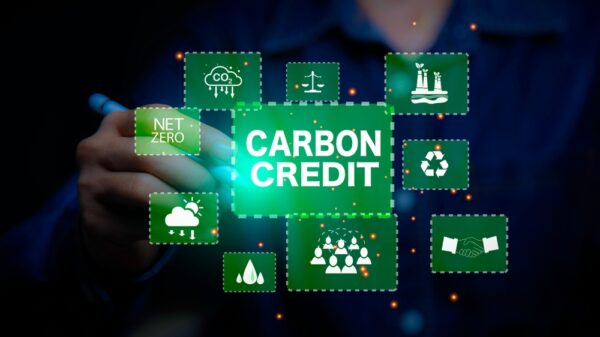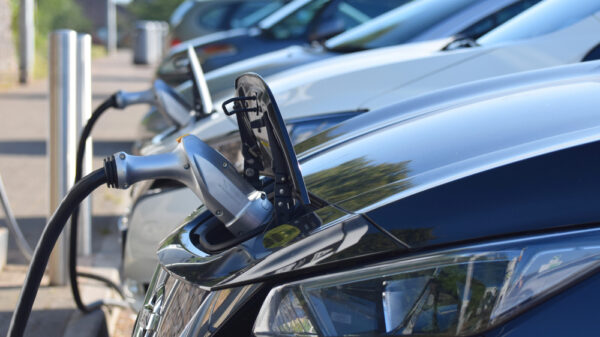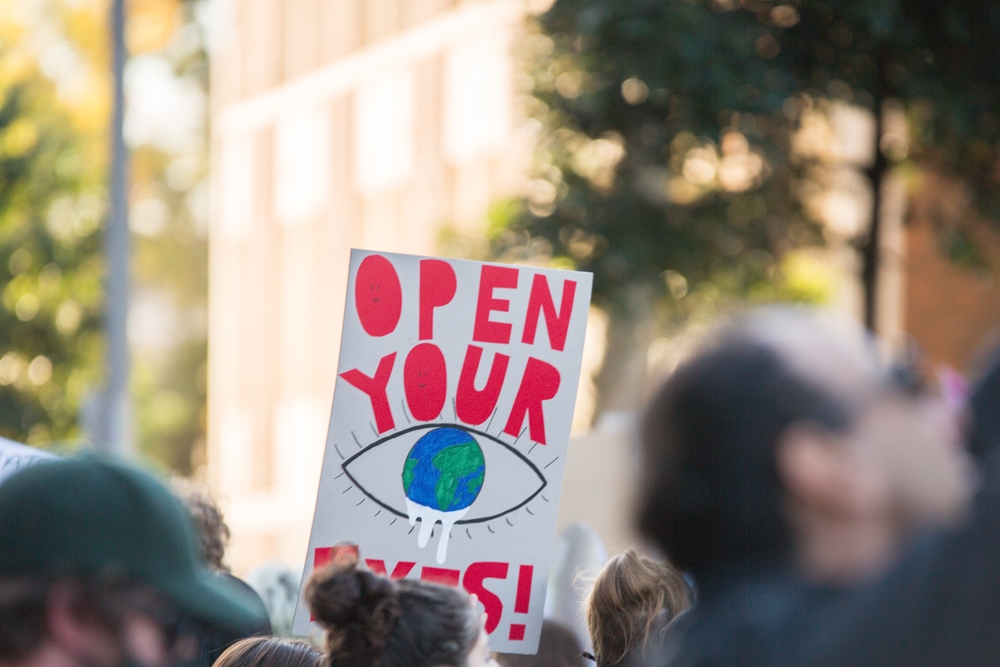The G20 has put around $1 trillion (£791,945bn) of public money into fossil fuel subsidies, despite its COP26 promises, according to figures from the International Institute for Sustainable Development.
Analysis from the institute highlights that the G20 has put a record amount of funding into fossil fuels, which is more than double than pre-Covid and pre-energy crisis of 2019.
The figures come prior to a meeting set to take place in Delhi next month, coming ahead of COP27 in November.
Recommendations by the Institute include acting on climate commitments by eliminating all public financial flows to fossil fuels, including subsidies and public financing.
In addition, the report suggests to incentivise consumers and investors to shift away from fossil fuels and provide support to low income and vulnerable households to assist with the transition, with the aim of contributing their fair share in the delivery of a globally just transition.
Subscribe to Sustainability Beat for free
Sign up here to get the latest sustainability news sent straight to your inbox everyday
Meanwhile in the UK, prime minister Rishi Sunak has come under fire for announcing investments into new oil and gas drilling licenses. He has suggested that the impact of the Ukraine war has meant that Britain will have to be more self-sufficient with its oil and gas supplies.
According to Oxfam research carried out in June, high income countries have failed to deliver on their commitments and overstated the amount of support they have given.
Founder of a sustainability consultancy South Pole, which has clients including HSBC, World Economic Forum, Danone and Deutsche Bank, Renat Heuberger, said: “Surprise, surprise! Not enough climate money is flowing to poor countries!”
“So why then has the Guardian put so much effort in discrediting #carboncredits – far from being perfect but, like it or not, the only #climatefinance instrument that ever reached a certain scale?”
Speaking to the Guardian, Sustainability Group at The World Bank chief economist Richard Damania said: “By re-purposing wasteful subsidies we can free up significant sums that could instead be used to address some of the planet’s most pressing challenges”.
He added: “Governments should prioritise reforms that build public acceptance, protect the most vulnerable, and show how the money is being spent to meaningfully improve people’s lives.”










